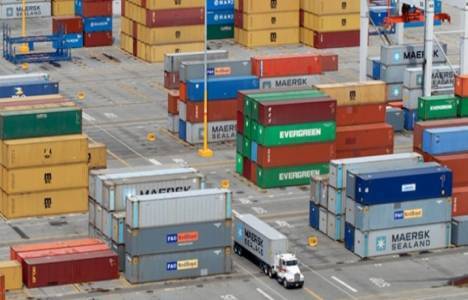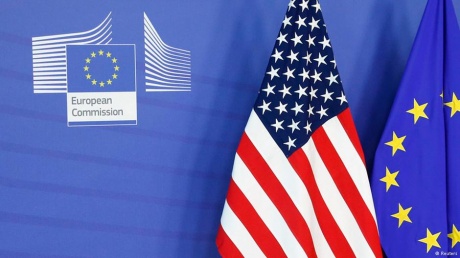
How Much Do Individual Firms Shape a Country’s Comparative Advantage?
by Cecile Gaubert (UC Berkeley) & Oleg Itskhoki (Princeton)
Link to draft paper.
Firms play a pivotal role in international trade. Much of exports is done by a small number of very large fi rms that enjoy substantial market shares in their markets across destination countries. One may thus conjecture that countries export not only the goods they are fundamentally good at producing, but also the goods that their individual firms happen to master to produce in an idiosyncratic way. As a consequence, if some of these individual firms disappeared, the country’s comparative advantage would be dramatically altered. Casual empiricism suggests that indeed individual firms play a central role in shaping country-level trade patterns: for example, the fate of Nokia in Finland or Intel in Costa Rica have shaped aggregate export patterns in these countries.
This paper contrasts such granular comparative advantage with the fundamental comparative advantage of a country, which we define as a sector-level characteristic stemming from technological differences or factor endowment differences across countries. In more formal terms, we ask to what extent the country’s comparative advantage is shaped by the high-mean sectoral productivity versus outstanding productivity draw(s) from an otherwise unremarkable mean-productivity distribution? Furthermore, can one identify which specific export sectors are `granular’?
By doing so, we revisit the fundamental questions in international trade: What goods do countries trade? What is the source of countries’ comparative advantage? The answers to these questions are interesting in themselves, even if the source of comparative advantage were not consequential for trade flows and welfare gains from trade. Furthermore, the knowledge of the specific source of comparative advantage is instrumental for our ability to predict changes in trade flows in response to a variety of shocks, such as reductions in trade costs and productivity changes across countries.
We propose a `granular’ multi-sector model of trade, which combines fundamental comparative advantage across sectors with granular comparative advantage due to outstanding productivity of individual rms. We develop a SMM-based estimation procedure, which takes full account of the general equilibrium model, and jointly estimate the fundamental and the granular forces using French micro-level data with information on fi rm domestic and export sales across manufacturing industries. The estimated granular model captures the salient features of micro-level heterogeneity across firms and industries, without relying on variation in model parameters across sectors. The estimated model implies that thirty percent of trade flows is explained by granular forces, and that sectors with the highest export shares are more likely to be of granular origin than sectors with average export shares. Extending the model to allow for firm-level productivity dynamics explains the majority of the change in the country’s comparative advantage over time. We further show that empirically measurable proxies of granularity have a substantial predictive ability for trade flows in the estimated model, even after controlling for fundamental comparative advantage of the sectors. Lastly, we show that the welfare gains from liberalizing a sector are shaped by the extent to which this sector is granular.
Photo source: www.linkhigher.com
Topics
Development
Initiatives
International Trade & Development






